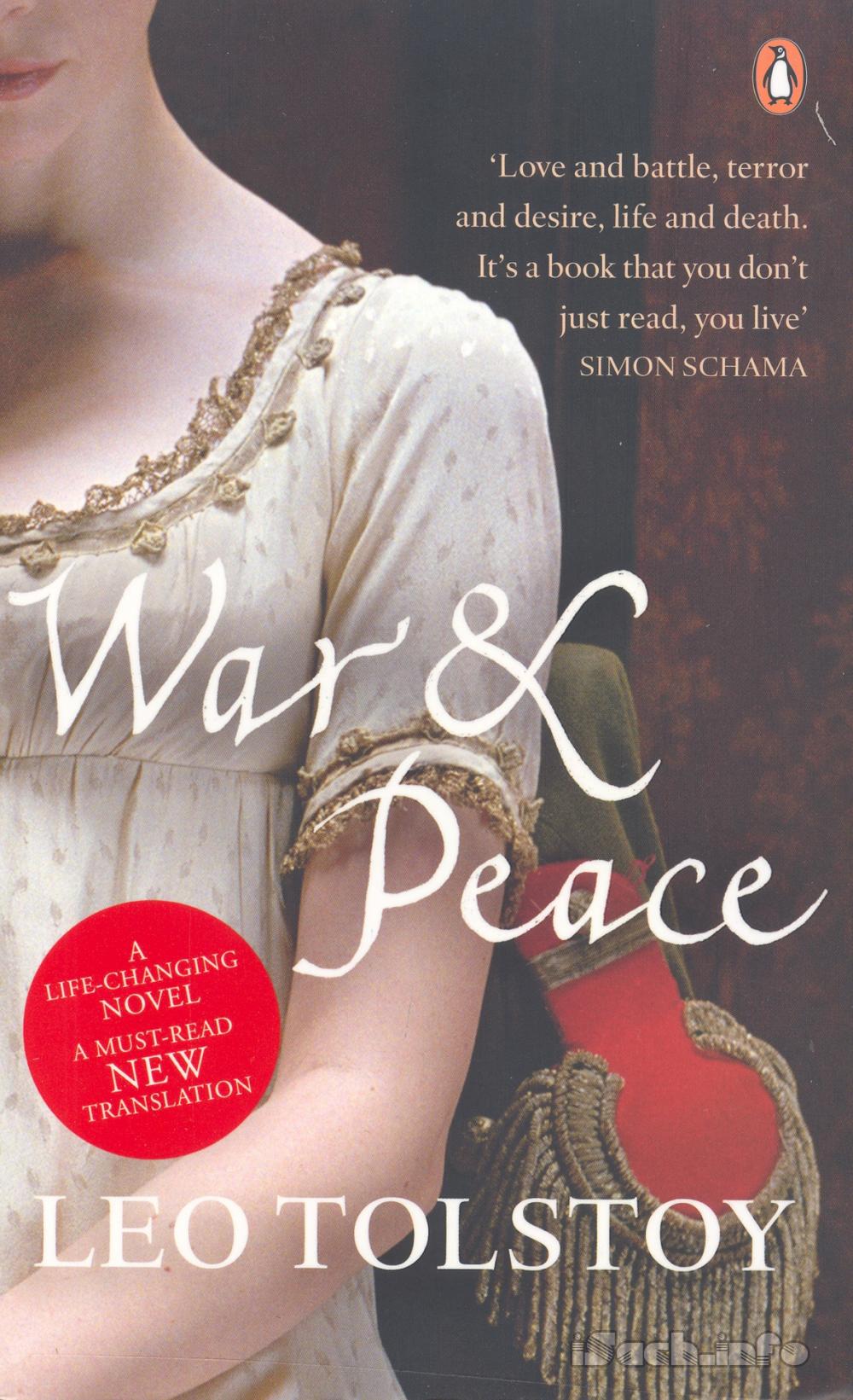Chapter XVII
T
he movements of the Russian and French armies during the campaign from Moscow back to the Niemen were like those in a game of Russian blindman's bluff, in which two players are blindfolded and one of them occasionally rings a little bell to inform the catcher of his whereabouts. First he rings his bell fearlessly, but when he gets into a tight place he runs away as quietly as he can, and often thinking to escape runs straight into his opponent's arms.At first while they were still moving along the Kaluga road, Napoleon's armies made their presence known, but later when they reached the Smolensk road they ran holding the clapper of their bell tight—and often thinking they were escaping ran right into the Russians.
Owing to the rapidity of the French flight and the Russian pursuit and the consequent exhaustion of the horses, the chief means of approximately ascertaining the enemy's position—by cavalry scouting—was not available. Besides, as a result of the frequent and rapid change of position by each army, even what information was obtained could not be delivered in time. If news was received one day that the enemy had been in a certain position the day before, by the third day when something could have been done, that army was already two days' march farther on and in quite another position.
One army fled and the other pursued. Beyond Smolensk there were several different roads available for the French, and one would have thought that during their stay of four days they might have learned where the enemy was, might have arranged some more advantageous plan and undertaken something new. But after a four days' halt the mob, with no maneuvers or plans, again began running along the beaten track, neither to the right nor to the left but along the old—the worst—road, through Krasnoe and Orsha.
Expecting the enemy from behind and not in front, the French separated in their flight and spread out over a distance of twenty-four hours. In front of them all fled the Emperor, then the kings, then the dukes. The Russian army, expecting Napoleon to take the road to the right beyond the Dnieper—which was the only reasonable thing for him to do—themselves turned to the right and came out onto the highroad at Krasnoe. And here as in a game of blindman's buff the French ran into our vanguard. Seeing their enemy unexpectedly the French fell into confusion and stopped short from the sudden fright, but then they resumed their flight, abandoning their comrades who were farther behind. Then for three days separate portions of the French army—first Murat's (the vice-king's), then Davout's, and then Ney's—ran, as it were, the gauntlet of the Russian army. They abandoned one another, abandoned all their heavy baggage, their artillery, and half their men, and fled, getting past the Russians by night by making semicircles to the right.
Ney, who came last, had been busying himself blowing up the walls of Smolensk which were in nobody's way, because despite the unfortunate plight of the French or because of it, they wished to punish the floor against which they had hurt themselves. Ney, who had had a corps of ten thousand men, reached Napoleon at Orsha with only one thousand men left, having abandoned all the rest and all his cannon, and having crossed the Dnieper at night by stealth at a wooded spot.
From Orsha they fled farther along the road to Vilna, still playing at blindman's buff with the pursuing army. At the Berezina they again became disorganized, many were drowned and many surrendered, but those who got across the river fled farther. Their supreme chief donned a fur coat and, having seated himself in a sleigh, galloped on alone, abandoning his companions. The others who could do so drove away too, leaving those who could not to surrender or die.



 ePub
ePub A4
A4